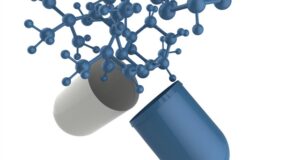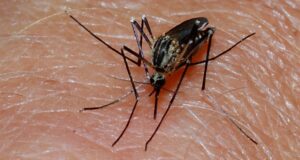
With the worldwide population aging at an unprecedented rate, the prevention of age-related diseases has become a prominent issue. It is important to comprehensively and quantitatively evaluate the changes that aging causes at the molecular level in the body. By doing so, it may be possible to pinpoint specific aging factors and suppress age-related diseases.
Addressing this problem, previously conducted research established an atlas of changes in major tissues from aging by determining the extent to which mRNA was produced within living cells. However, there has not been an atlas of changes in proteins associated with aging.
To fill this gap in research, a team led by Lecturer Masaki Takasugi and Professor Naoko Ohtani at Osaka Metropolitan University’s Graduate School of Medicine constructed a highly comprehensive database called the Mouse Aging Proteomic Atlas. They did so by analyzing the proteomes and transcriptomes of brain, artery, heart, kidney, liver, lung, skeletal muscle, and skin tissues of 6-, 15-, 24-, and 30-month-old mice, as well as extracellular matrix-enriched fractions of major tissues. Through this, it became possible to analyze the characteristics of protein groups affected by aging in major tissues and revealed proteins in the extracellular matrix that increased with age.
By clarifying the changes in various tissues due to aging in detail with regard to the number of proteins that are directly linked to gene function, we have dramatically improved our understanding of the overall changes on the molecular level.”
Dr. Masaki Takasugi, Osaka Metropolitan University’s Graduate School of Medicine
Professor Ohtani concluded, “The results of this research are expected to contribute to a better understanding of the changes that occur with age.”
The findings were published in Nature Communications.
Source:
Journal reference:
Takasugi, M., et al. (2024). An atlas of the aging mouse proteome reveals the features of age-related post-transcriptional dysregulation. Nature Communications. doi.org/10.1038/s41467-024-52845-x.




